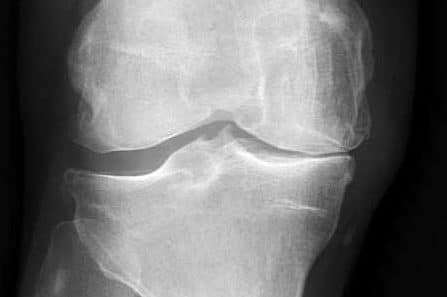Arthritis refers to a group of conditions affecting the body’s joints, including the bone, muscle, and surrounding soft tissues. The most common symptoms are joint pain, stiffness, and reduced function, which can lead to disability and reduced quality of life.
Arthritis is a common condition affecting 3.5 million Australians, which is about 15 per cent of the population. Osteoarthritis (OA) and rheumatoid arthritis (RA) are the two most common types. Arthritis has no cure, but its symptoms can be successfully managed with exercise, weight loss, lifestyle changes, and appropriate medication. When symptoms become unmanageable, joint replacement surgery can be considered.
Physiotherapy plays an important role in self-management of arthritis. As there is no cure, the aim of treatment is to manage pain, keep joints mobile, and help people stay active and healthy by developing safe, personalized exercise programs. Physiotherapists can also help by providing joint protection advice.

